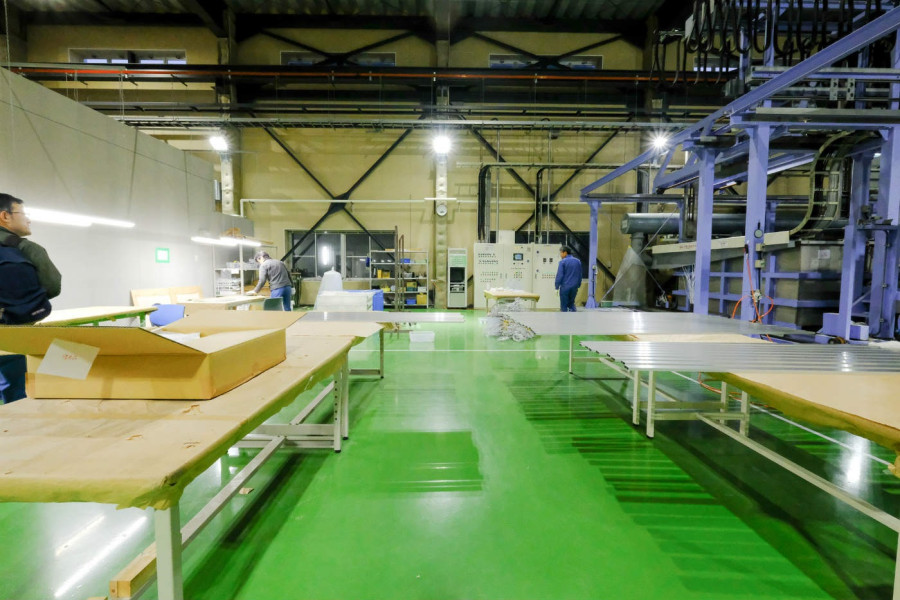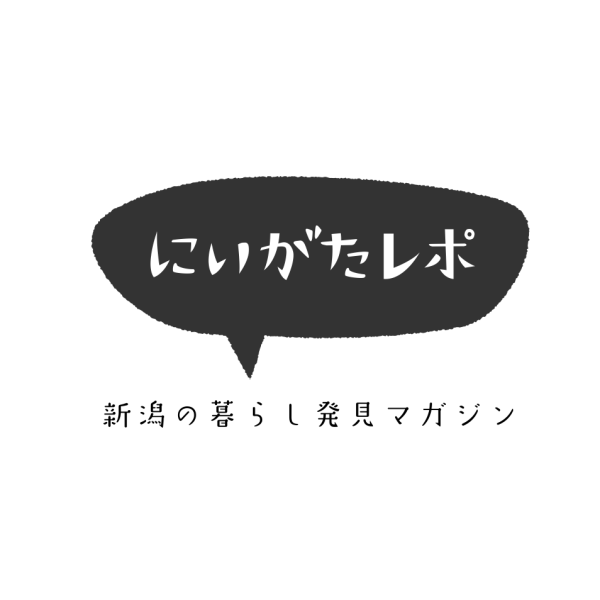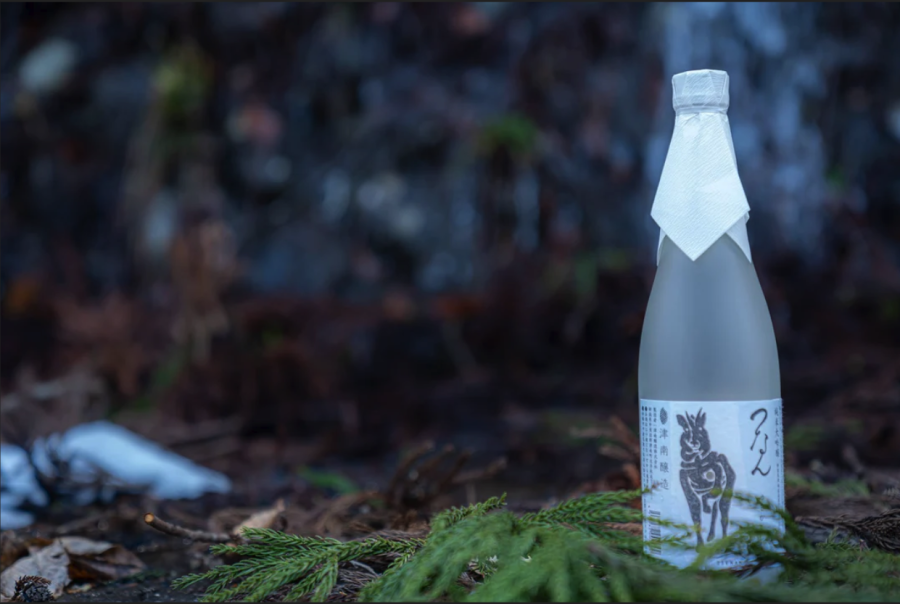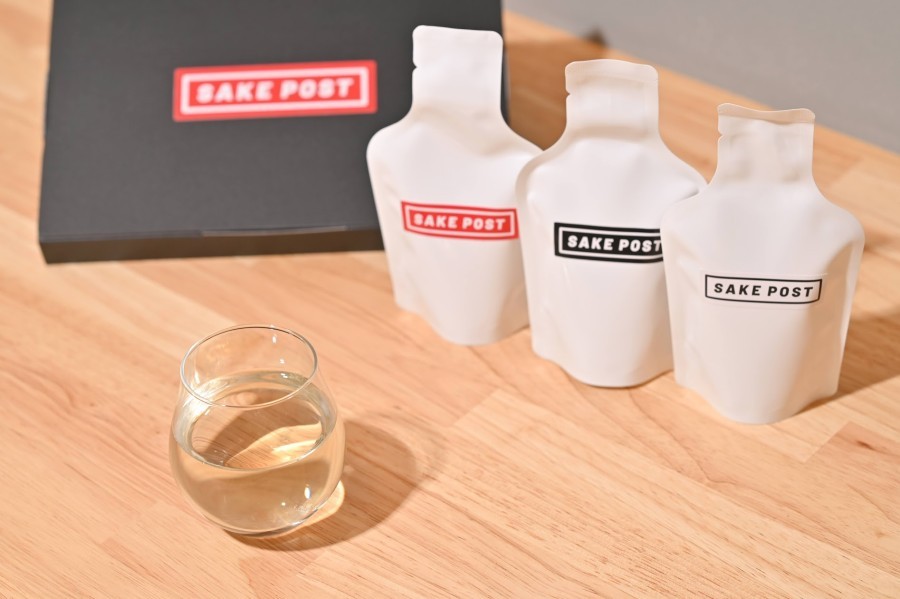This article is a tie-up with the Niigata Prefecture Federation of Small Business Associations and Manufacturing Support Centre.
Pick up 'Change Leaders' who create new value by 'changing themselves in a positive way'.
In the 20th edition, Niigata Metallicon Industry has prepared inspection equipment that can meet strict evaluation standards in order to enter the aviation industry, which is expected to grow. In the aircraft parts manufacturing industry, where demand for integrated production is increasing, the company is taking on the challenge of further expanding its sales channels by cooperating with other companies.
Aiming to improve quality and shorten delivery times by bringing the inspection process in-house.
The aircraft industry is a growing industry, driven by increasing passenger demand. Once an aircraft is built, the same aircraft is used for more than 20 years, so manufacturers tend to want companies they can do business with for many years.
![The company has prepared inspection equipment for surface treatment and entered the aviation industry, where strict standards are demanded! / Niigata Metalicon Industry Co Ltd [Change Leader vol.20].](https://scontent-nrt1-1.xx.fbcdn.net/v/t1.0-9/84277419_2277035329065361_1525800600921440256_n.jpg?_nc_cat=111&_nc_ohc=1alY2fNMJqkAX9eSrS-&_nc_ht=scontent-nrt1-1.xx&oh=1ded15a1934b57c8deb622a266ce1205&oe=5EC3C308)
Niigata Metallikon Kogyo, a plating contractor that processes metal surfaces and has a wide range of processing technologies, has focused on the long-term demand from the aircraft industry. As one of the few companies in the country that perform surface treatment for aircraft, the company acquired the JIS Q 9100 certification, which is mandatory in the aircraft sector, and entered the industry as a newcomer. As orders gradually increased, the company was faced with the need to establish a more accurate inspection system in-house in order to comply with the strict standards for aircraft, which are responsible for human lives.
![The company has prepared inspection equipment for surface treatment and entered the aviation industry, where strict standards are demanded! / Niigata Metalicon Industry Co Ltd [Change Leader vol.20].](https://scontent-nrt1-1.xx.fbcdn.net/v/t1.0-9/83799807_2277035752398652_7992014190220935168_n.jpg?_nc_cat=108&_nc_ohc=W0iY9i5jTkgAX-QSv2M&_nc_ht=scontent-nrt1-1.xx&oh=816f7bf2a0f0e15c9d299d37aa3d3c39&oe=5ED1B6D1)
Therefore, from 2013 to 2017, a total of four Monozukuri subsidies were utilised to bring the evaluation system in-house, which had been outsourced. In 2013, an electron microscope was introduced to improve quality, in the following years (2014 and 2015) equipment adapted to strict inspection standards was introduced, and in 2017, non-destructive inspection equipment capable of detecting surface defects was introduced.
![The company has prepared inspection equipment for surface treatment and entered the aviation industry, where strict standards are demanded! / Niigata Metalicon Industry Co Ltd [Change Leader vol.20].](https://scontent-nrt1-1.xx.fbcdn.net/v/t1.0-9/84598266_2277036479065246_8437749976418746368_n.jpg?_nc_cat=101&_nc_ohc=evFFFiL06qQAX_7wHXo&_nc_ht=scontent-nrt1-1.xx&oh=84cc559048dfeda500600fba5ec7d464&oe=5E92A199)
In this way, the company succeeded in setting up an evaluation system suitable for contractors who receive orders for important components. At the same time, the company joined the NIIGATASKY PROJECT, which is formed by Niigata City and a total of seven companies in the cutting, sheet metal, assembly and surface treatment industries. It has also moved into a 'strategic complex joint factory' where production facilities are concentrated at a single point and a joint production system is in place with other companies.
advertisement
Surface and cross-sectional inspection and chemical analysis in-house to improve quality.
![The company has prepared inspection equipment for surface treatment and entered the aviation industry, where strict standards are demanded! / Niigata Metalicon Industry Co Ltd [Change Leader vol.20].](https://niigata-repo.com/wp-content/uploads/2020/02/199adf75d132d8c593a5ab42485a5417.jpg) Electron microscope for surface, cross-sectional and elemental analysis. Failure of the anodising process was caused by pre-treatment.
Electron microscope for surface, cross-sectional and elemental analysis. Failure of the anodising process was caused by pre-treatment.![The company has prepared inspection equipment for surface treatment and entered the aviation industry, where strict standards are demanded! / Niigata Metalicon Industry Co Ltd [Change Leader vol.20].](https://niigata-repo.com/wp-content/uploads/2020/02/526a54dc4ad0b80edfa36837cf73d065-546x306.jpg) Traditionally, the use of sophisticated analytical equipment has had to be outsourced, resulting in time and cost burdens.
Traditionally, the use of sophisticated analytical equipment has had to be outsourced, resulting in time and cost burdens.
In 2013, a scanning electron microscope was introduced to enable microscopic observation of surfaces and cross-sections. The 'anodising process' resulted in many defects in certain materials, but the observation of the surface led to quality improvements. In 2014, a total of four types of analysers and other equipment were introduced to meet the strict control standards for chemicals used. By analysing the concentration of impurities, it became possible to take measures as needed, such as adding additives and renewing the treatment solution.
Stringent testing is brought in-house to establish a stable production system.
![The company has prepared inspection equipment for surface treatment and entered the aviation industry, where strict standards are demanded! / Niigata Metalicon Industry Co Ltd [Change Leader vol.20].](https://niigata-repo.com/wp-content/uploads/2020/02/DSCF4631-546x364.jpg) The first hydrogen brittle fracture testing system introduced in the country. Two types of tests can be carried out at once.
The first hydrogen brittle fracture testing system introduced in the country. Two types of tests can be carried out at once.![The company has prepared inspection equipment for surface treatment and entered the aviation industry, where strict standards are demanded! / Niigata Metalicon Industry Co Ltd [Change Leader vol.20].](https://niigata-repo.com/wp-content/uploads/2020/02/DSCF4628-546x364.jpg) Salt spray tester. Some products are sprayed with salt water for two weeks to measure performance.
Salt spray tester. Some products are sprayed with salt water for two weeks to measure performance.
When manufacturing aircraft parts, the conductivity and hardness of the materials, aluminium alloys and steel, need to be checked, as well as their durability against salt water and hydrogen after surface treatment. A total of six types of testing equipment, including inspection equipment, have been introduced to bring testing in-house, which was previously outsourced. In particular, durability testing equipment is essential for the in-house production of tests that are required once a month. After the introduction of the equipment, delivery times were successfully reduced by an average of five days and a system was put in place to ensure stable production.
Creating a non-destructive testing system that can handle engine component orders.
![The company has prepared inspection equipment for surface treatment and entered the aviation industry, where strict standards are demanded! / Niigata Metalicon Industry Co Ltd [Change Leader vol.20].](https://niigata-repo.com/wp-content/uploads/2020/02/DSCF4635-546x364.jpg) Defects can be detected by the appearance on the surface of permeate that has penetrated the interior of the defect.
Defects can be detected by the appearance on the surface of permeate that has penetrated the interior of the defect.![The company has prepared inspection equipment for surface treatment and entered the aviation industry, where strict standards are demanded! / Niigata Metalicon Industry Co Ltd [Change Leader vol.20].](https://niigata-repo.com/wp-content/uploads/2020/02/DSCF4632-546x364.jpg) Specifically, the presence or absence of fluorescent-coloured osmotic fluid is checked in a dark room using a black light.
Specifically, the presence or absence of fluorescent-coloured osmotic fluid is checked in a dark room using a black light.
As orders for surface treatment of aircraft parts increased, the next target was the treatment of engine parts, which require even higher quality. A fluorescence penetrant inspection system was introduced, which can detect even the smallest surface defects, which is necessary in this process. At the same time, the company is also focusing on training personnel to be involved in non-destructive testing of aircraft parts, and plans to train at least two personnel. As a result, a contracting system is being put in place that will enable the company to receive orders for engines and other important components through integrated production.
Cooperation with other companies for joint orders.
![The company has prepared inspection equipment for surface treatment and entered the aviation industry, where strict standards are demanded! / Niigata Metalicon Industry Co Ltd [Change Leader vol.20].](https://niigata-repo.com/wp-content/uploads/2020/02/DSCF4623-2-546x364.jpg) Noboru Izutsu, Representative Director
Noboru Izutsu, Representative Director
Major heavy industries and overseas manufacturers are looking for manufacturers that can place orders for integrated production in order to reduce costs and effort. The NIIGATA SKY PROJECT, which enables integrated production of a single component, has been launched to tap into this market, and in 2019 Niigata Aerospace will be fully operational, taking charge of sales and orders from aircraft parts manufacturers in the prefecture. Competition from overseas is expected in the future, but our strengths are the high quality that can only be achieved in Japan and the short delivery times due to the single point of concentration of our production facilities. We hope that major heavy industries will feel the benefits of this while we explain them well.
Technology: anodyne treatment.
![The company has prepared inspection equipment for surface treatment and entered the aviation industry, where strict standards are demanded! / Niigata Metalicon Industry Co Ltd [Change Leader vol.20].](https://scontent-nrt1-1.xx.fbcdn.net/v/t1.0-9/83792699_2277046199064274_7878690138086178816_n.jpg?_nc_cat=101&_nc_ohc=TOIDZWCRMYIAX-wj47l&_nc_ht=scontent-nrt1-1.xx&oh=42a60daa8e20278f65e96bbdf2215195&oe=5EC6D2D6)
Anodising (anodic oxide coating) improves corrosion resistance, friction resistance and insulation properties by anodic electrolysis of aluminium in acid to produce an oxide film. It is widely used for aircraft parts and is also commonly referred to as anodising.
Company profile
![The company has prepared inspection equipment for surface treatment and entered the aviation industry, where strict standards are demanded! / Niigata Metalicon Industry Co Ltd [Change Leader vol.20].](https://scontent-nrt1-1.xx.fbcdn.net/v/t1.0-9/83915096_2277046709064223_513517336565645312_n.jpg?_nc_cat=107&_nc_ohc=eLImY_AFLNAAX_31Uwx&_nc_ht=scontent-nrt1-1.xx&oh=2dc9ba556fdbbfa045b9d416a6e16f2a&oe=5EC75196)
The company was founded in 1950 as a plating processor, and in 1953 acquired the technology for metal spraying (=metallicon treatment), which can be used in a wider range of applications. In 2011, the company entered the aircraft industry and is participating in the NIIGATA SKY PROJECT, which Niigata City is involved in. It is aiming to receive joint orders for aircraft parts with affiliated companies.
enquiry
Niigata Metalicon Industry Co.
○Residence: 1-18-2, Shimokito, Higashi-ku, Niigata City
○TEL: 025-274-7301
○HP : https://www.nii-meta.jp
advertisement








